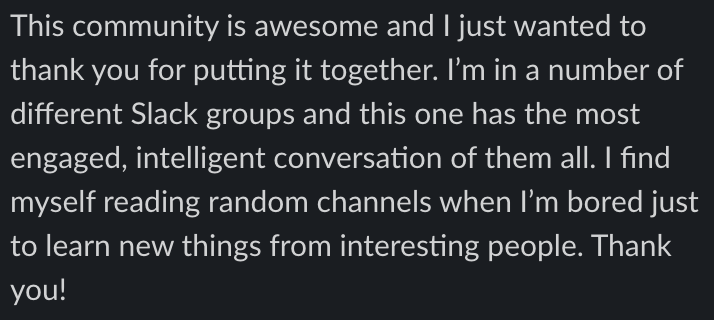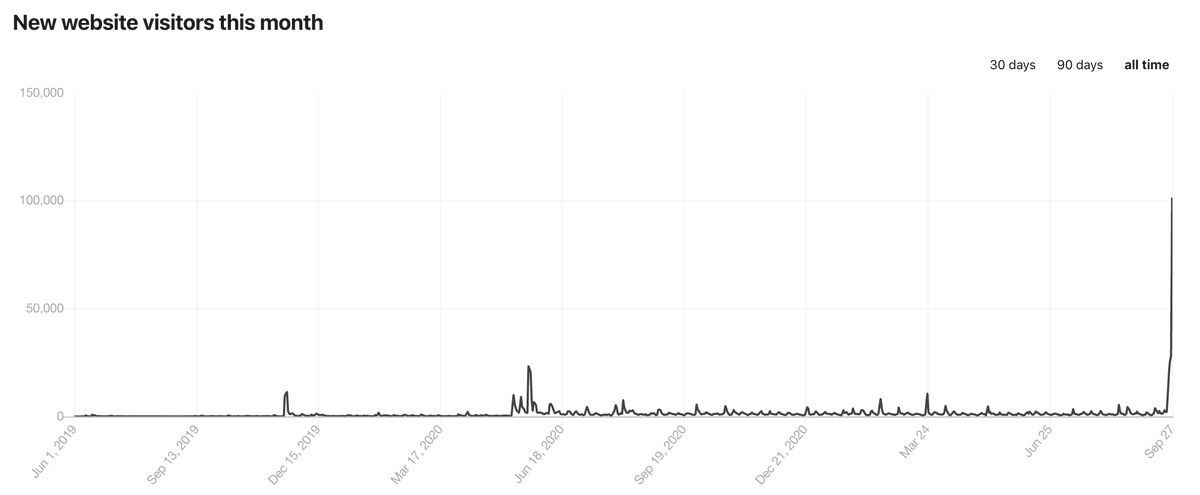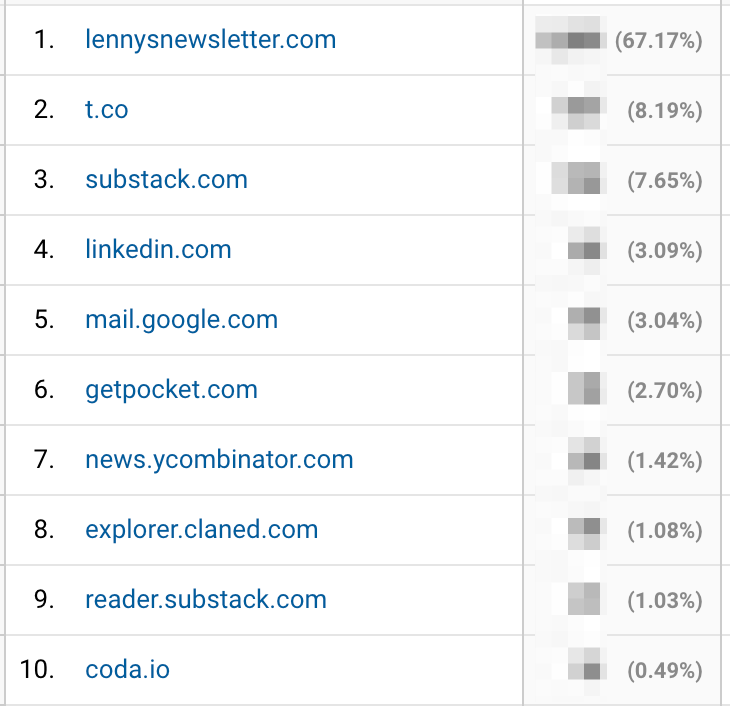
🎺 Big news: I've just opened up applications for a second cohort of my Product Management Fundamentals course. This is the course I wish I had when I was starting out as a PM. Spots are limited, so apply now 👇👇👇
productmanagementfundamentals.com
productmanagementfundamentals.com
1/ The course is part-time (evenings PST), and fits into a busy PM schedule. After the last course, I heard from dozens of students who credit the course with helping them get a promotion, land a better gig, or simply become more confident in themselves.
https://twitter.com/bshums/status/1369489068942327808
2/ This course is targeted at new PMs (<2 years experience), and will run 11/29-12/17. It'll include live lectures, group breakouts, practical assignments, amazing guest speakers, and a few surprises. I took all the feedback from the first cohort and made this cohort even better. 

3/ This will be active learning alongside peers, not passive lecture watching.
Topics we'll cover:
✅ Leveling up your strategic thinking and vision
✅ Strengthening your written and verbal communication
✅ Collaborating and influencing your peers more effectively
Topics we'll cover:
✅ Leveling up your strategic thinking and vision
✅ Strengthening your written and verbal communication
✅ Collaborating and influencing your peers more effectively

✅ Mastering the art of shipping on time while keeping your team happy
✅ Gaining confidence as a PM
✅ Leveraging user research, metrics, and stakeholders to prioritize
✅ Leveraging the Minto Pyramid to delivering better presentations
and much more
✅ Gaining confidence as a PM
✅ Leveraging user research, metrics, and stakeholders to prioritize
✅ Leveraging the Minto Pyramid to delivering better presentations
and much more

4/ In addition to myself and a host of amazing guest speakers, you'll also have @AustinRamsland and a team of senior PM coaches, plus a community of students in the same place in their career, supporting you throughout the course. 

5/ You'll leave this course a more confident and resilient PM, armed with a toolkit of actionable advice, strategies, frameworks, case studies, and templates you can immediately put into action. 

6/ Learn more and apply here 👇👇👇
Pro tip: Ask your manager if you can expense this to your learning and development budget.
maven.com/lenny/product-…
Pro tip: Ask your manager if you can expense this to your learning and development budget.
maven.com/lenny/product-…
• • •
Missing some Tweet in this thread? You can try to
force a refresh














